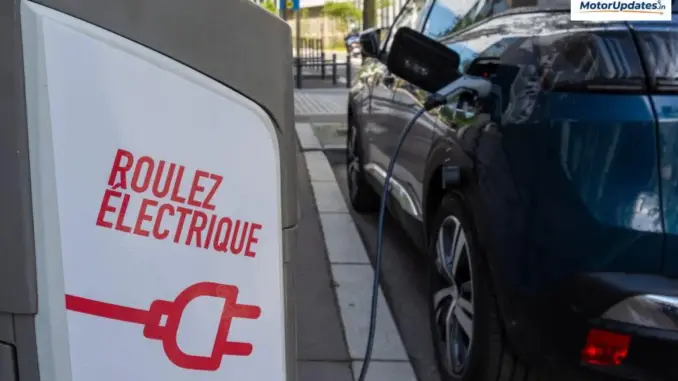
Since October 1st, French households buying a car assembled in Europe and fitted with a European-made battery can now receive a €1,000 bonus. This measure aims in particular to support the car industry’s transition.
As announced by the French government on September 8, an “exceptional complementary bonus” of €1,000 is now granted for the purchase of a car assembled in Europe and equipped with a European battery, in order to “encourage household purchases of electric vehicles and support the transition of the automotive sector in Europe.”
This is a supplement to the “boost for private electric vehicles,” which replaced the ecological bonus this summer and can reach up to €4,200 for the purchase of an eligible vehicle meeting the minimum environmental score. The new bonus thus raises that amount to €5,200 for vehicles whose batteries are manufactured in Europe.
Which models are eligible?
ADEME has published a list of vehicles eligible for this complementary CEE (Energy Savings Certificate) bonus. To qualify, buyers must ensure that the vehicle they intend to buy appears on this list, that its purchase price is less than or equal to €47,000 including taxes, and that its curb weight is under 2,400 kg.
Promoting the European industry
This measure also aims to send a signal to carmakers to source from European battery plants, in line with European objectives. Faced with the challenges of the green transition and global competition, the European Commission presented in March 2025 an ambitious action plan designed to guarantee the competitiveness of the automotive sector on the Old Continent.
To secure the supply of essential components, Europe plans, among other things, a direct support scheme for production called “Battery Booster,” endowed with €3 billion via the Innovation Fund. This program seeks to encourage European battery production and to impose constraints to avoid excessive dependence on imports.
The end of combustion engines questioned
Part of the European plan for the automotive industry also includes measures to force manufacturers to gradually market increasingly cleaner models, with the ultimate aim of ending sales of new combustion-engined cars in 2035, a flagship measure of the European Green Deal. But for several months a revolt has been growing within the automotive sector and many manufacturers have demanded more “flexibility” from the European Commission.
After a “strategic dialogue” meeting with all industry representatives on Friday, September 12, the President of the European Commission agreed to activate the “review clause” at the end of the year, initially scheduled for 2026. Without calling into question the 2035 deadline, the Commission could present the flexibility measures it is considering in order to be able to legislate from the start of next year.
In 2023, 10.7 million new passenger cars were registered in the EU. 21.1% of these new vehicles were hybrids (non-plug-in petrol-electric), and 14.5% were battery electric cars.

Leave a Reply